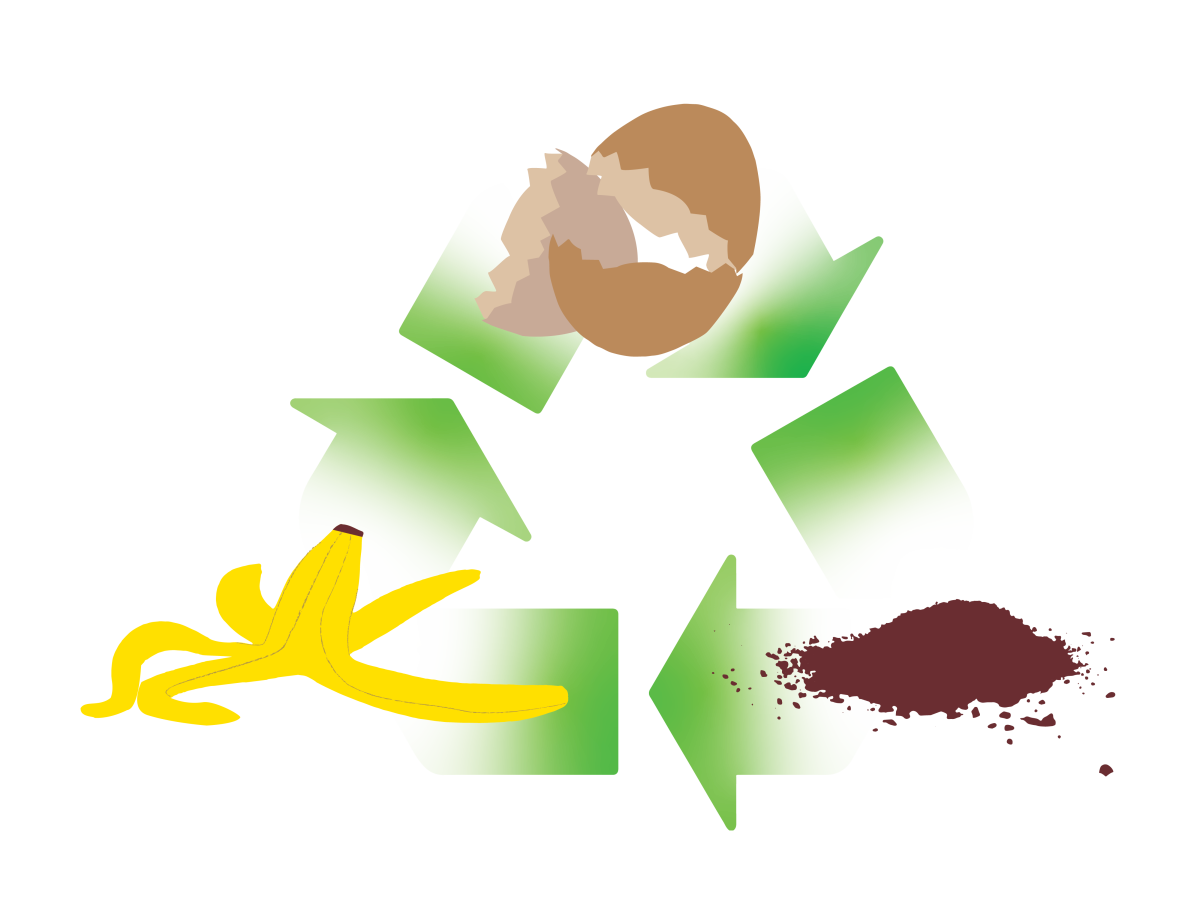Over 200 compost pails were installed in Wolf Village and Wolf Ridge apartments in a collaboration between Student Government, University Housing and the Office of Waste Reduction and Recycling.
Ann Winstead, a third-year studying environmental science and political science, presented to the Student Government finance committee as assistant director of the Student Government Sustainability Department in order to receive funding for this project. She said the planning process happened over summer, with pails installed in apartments for the fall 2021 semester.
Pails were distributed in two buildings at each apartment complex, including Hudson and Arctic Halls in Wolf Village and Tower and Plaza Halls in Wolf Ridge.
“My ideal NC State is that everyone has a compost bin when they come to campus, so they have recycling, they have trash, they have compost; it’s just established NC State,” Winstead said. “Originally, the project was to do all of Wolf Ridge and all of Wolf Village, but it got scaled back to kind of a pilot program. Hopefully one day we’ll be able to see that all students are getting all three when they come in.”
Winstead said she is very proud that NC State has its own industrial compost facility and hopes this project can help make the most of this unique resource.
“We have what’s called a closed loop organic waste management system at NC State,” said Adam Bensley, waste diversion coordinator of the Office of Waste Reduction and Recycling. “Organic waste that’s produced here is processed here into compost, and then the compost is used in the campus landscape. It’s also used at the agroecology farm, which then grows produce for the dining halls and campus restaurants.”
Kathleen Ruppe, director of operations for University Housing, said apartment-style housing was chosen because the kitchen creates food scraps, which present a more direct need for composting resources. She also said these areas were chosen because they have a compost dumpster nearby. Bensley said about 25% of the dumpster locations on campus have a compost dumpster along with the landfill and recycling dumpsters.
“University Housing partners often with the Sustainability Office,” Ruppe said. “They are great partners, and we try to work hand-in-hand with them when we can to encourage sustainable practices. This opportunity to expand our composting [became available to us], and so we thought it would be a great next step.”
Bensley said that a 2019 waste audit performed with Wake County revealed that about 50% of the landfill waste stream from NC State’s apartment-style housing is actually compostable. He said this number is lower for traditional residence halls primarily due to the lack of kitchen waste.
“The 2015 waste audit of the campus as a whole revealed that 38% of what was going to the landfill was actually compostable,” Bensley said. “We want to make compost collections accessible to everybody on campus and have it institutionalized across campus as a whole at some point. We’re working on it, but it’s going slow. There’s budget restraints and it costs money, but that’s the long term goal.”
Bensley said the Office of Waste Reduction and Recycling appreciates University Housing’s consistent dedication to composting and waste diversion.
He said compost initiatives within University Housing began with the pizza box composting dumpsters in 2014 as a collaboration with the Office of Waste Reduction and Recycling. Later in 2016, a Sustainability Fund Grant allowed for the EcoVillage residents to check out sealable, plastic compost jars to be used within suites. Pails were first implemented as a part of the room after receiving a grant from Wake County last year, where a pilot program of compost pails were distributed in E.S. King and Western Manor.
“[The pails] were purchased from a company that makes the compost pail specifically,” Bensley said. “They’re good pails for the kitchen. They’re not too big. …They’ve got a handle so you can carry it out to the dumpster. They’ve got vents in the lid so it doesn’t get too bad with the smell.”
Bensley recommended that students line the pail with paper towels or newspaper for easy cleaning after removing the compost waste. He said a complete list of compostable items can be found at recycling.ncsu.edu/compost.
Rupee, Bensely and Winstead plan to address the success of the compost pail distribution through surveys as well as assessment of pail condition after move out.
“Part of it will be asking students, ‘Was it a positive addition to your apartment? Did you use them?’” Ruppe said. “We’ll see what the status of the actual bins are at the end of the year and decide how we need to move forward with the project.”
Winstead said the compost pail distribution in these select four apartment buildings used about one-third of the total funds received from Student Government in spring 2021. She said the rest of the money is being used to host the Compost Carnival, where 300 more compost pails will be given out to students who are actively looking to compost but may not have the resources to do so. She said the Compost Carnival will be from 5-8 p.m. on Oct. 19, in the Talley Student Involvement Suite.
“The problem we ran into with housing was that there’s just too much infrastructure and [coordination with] housekeeping and all of that to make it a huge-scale project,” Winstead said. “If we do it this way, say you come to this event, you are going to get the pail, and you can keep this in your home, you can keep it in your dorm, your off-campus apartment, whatever the case is. And it’s not expected to be returned back to us. So hopefully, the idea is that we’re increasing composting accessibility for students, wherever they are.”













